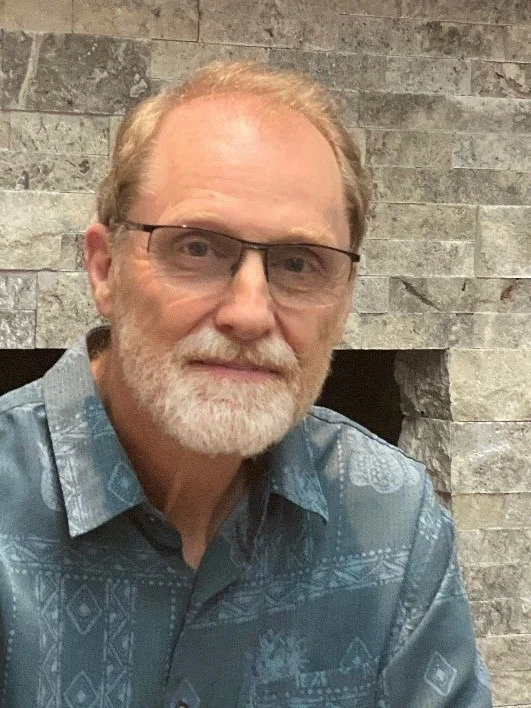Live Your Talents, Love Your Work
-Live-your-talent-love-your-work-400.jpg)
 After thirty years in business coaching, there are a few things I know to be true: 1) different people have different innate skills and abilities, 2) most people are currently performing jobs that are not supported by their natural skills and abilities, and 3) when people connect with jobs that are supported by their natural skills and abilities, they shine. All of which I’ve always found reflected in the following quote from Confucius: “Choose a job you love, and you will never have to work a day in your life.”
After thirty years in business coaching, there are a few things I know to be true: 1) different people have different innate skills and abilities, 2) most people are currently performing jobs that are not supported by their natural skills and abilities, and 3) when people connect with jobs that are supported by their natural skills and abilities, they shine. All of which I’ve always found reflected in the following quote from Confucius: “Choose a job you love, and you will never have to work a day in your life.”
However, I recently ran across a couple of blog posts that gave me pause to reflect on this quote, its meaning and how others sometimes interpret it differently than I do. You can peruse these posts here: “The Overjustification Effect” by David McRaney at You Are Not So Smart and “Bad Career Advice: Do What You Love and You’ll Never Work a Day” by Chrissy Scivicque at Eat Your Career. Mr. McRaney states there’s a misconception that “there is nothing better in the world than getting paid to do what you love” and the truth is actually “getting paid for doing what you already enjoy will sometimes cause your love for the task to wane because you attribute your motivation as coming from the reward, not your internal feelings.” The key difference is the emphasis placed on reward – in my view (much like Confucius) the reward is never the primary motivation, it’s icing on the cake. According to Ms. Scivicque: “this absurd axiom suggests that you can simply take what you already love, turn it into something for which you get paid, and it won’t ever feel like anything other than that thing you love.” Perhaps if I interpreted the quote the way she does, I would agree with her conclusions. But my view of the quote goes more like this: “If your job requires you to perform activities that make use of skills and abilities that are innately yours, you will find that your work ceases to be drudgery and becomes something significant, meaningful and enjoyable.”
Here’s the first point of distinction between Ms. Scivicque’s interpretation and mine: choosing a job you love does not necessarily mean choosing a job for which you have a passion. You can love the fact that your nonprofit helps kids connect with mentors, but still hate picking up the phone. You can love technology, but hate dealing with people who don’t know how to make their router work. In other words, you can love what your business does, but not what you do in your business.
Here’s another important difference between my interpretation of the quote and Ms. Scivicque’s: doing a job you love does not mean you will not have to expend effort, or that there will not be struggles and challenges along the way. I do not believe that working at a job you love will always be fun or easy – only that jobs that reflect who we are in what they call on us to actually do provide satisfaction in a way that jobs we’re only doing for the money never will.
The meaning of the quote turns on the word ‘work’ and how different people perceive the word. So many of us define the word from a completely economic point of view, rather than what we do to develop our innate gifts and talents. From this economic viewpoint, work consists of activities that we don’t even like, much less love, and that we would prefer to avoid.
I view work as part of being human. It is something we do because we are alive, and part of the human imperative is to do as well as to be. Work, by its very nature, requires effort – skills must be developed, talents discovered, old abilities refreshed and new capacities revealed.
But effort and drudgery are not the same thing.
Work, as Fredrick Buechner’s defined it, is “the place where your deep gladness meets the world’s deep need.” Work is not something to be avoided or transformed; rather, it is something to embrace. Why? Because it illuminates our excellence, both to ourselves and others.
Does my interpretation of Confucius’ quote differ from that of Ms. Scivicque and Mr. McRaney? Absolutely! And perhaps from yours as well. That’s okay with me – the innate differences between people are what my work is all about.
Please share your thoughts on this topic in the comment section below.
Find out more about the services we have available to help you find the success you want and deserve!
© Vega Behavioral Consulting, Ltd., All Rights Reserved
About Dr. Gary M. Jordan, Ph.D.
Gary Jordan, Ph.D., has over 35 years of experience in clinical psychology, behavioral assessment, individual development, and coaching. He earned his doctorate in Clinical Psychology from the California School of Professional Psychology – Berkeley. He is co-creator of Perceptual Style Theory, a revolutionary psychological assessment system that teaches people how to unleash their deepest potentials for success. He’s a partner at Vega Behavioral Consulting, Ltd., a consulting firm that specializes in helping people discover their true skills and talents.
Additional information about Dr. Jordan